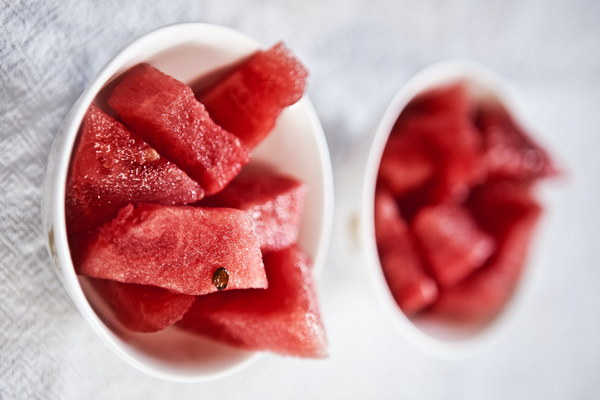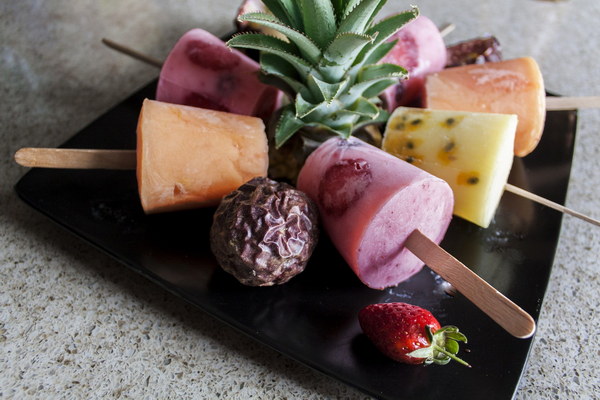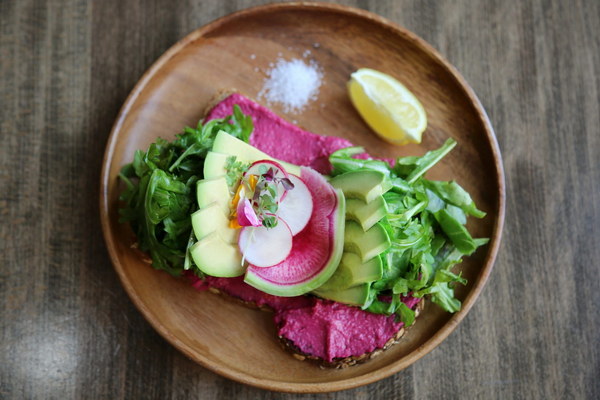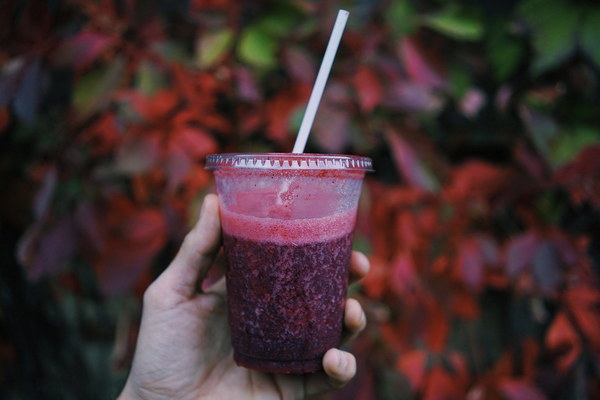Unveiling the Scams How Beauty and Anti-Aging Fraudulence Tricks Consumers
In the pursuit of eternal youth and beauty, consumers are often lured into the enticing world of beauty and anti-aging products. However, amidst the sea of promises, it's crucial to recognize the numerous scams that prey on unsuspecting individuals. This article delves into the common beauty and anti-aging scams, shedding light on how these fraudulent schemes dupe consumers and leave them with empty wallets and diminished self-esteem.
1. Miracle Products with No Scientific Evidence
One of the most prevalent scams in the beauty and anti-aging industry is the promise of miracle products with no scientific backing. These products often claim to eliminate wrinkles, reduce cellulite, or provide instant results, yet fail to deliver on their promises. The key to identifying such scams lies in examining the ingredients and their effectiveness. Consumers should be wary of products that lack scientific evidence and rely on exaggerated claims.
2. False Testimonials and Endorsements
Another common scam is the use of false testimonials and endorsements to promote beauty and anti-aging products. These testimonials are often created by paid actors or are outright fabrications. Consumers should be skeptical of products with testimonials that sound too good to be true or lack transparency regarding the identities of the endorsers.
3. Overpriced Products with Minimal Benefits
Scammers in the beauty and anti-aging industry often exploit consumers' desire for immediate gratification by offering overpriced products with minimal benefits. These products may contain natural ingredients or be marketed as organic, yet their effectiveness is questionable. Consumers should research the ingredients and compare prices with similar products on the market to avoid falling victim to this scam.
4. Multi-Level Marketing Schemes
Multi-level marketing (MLM) schemes are a popular way for scammers to sell beauty and anti-aging products. These schemes involve recruiting individuals to sell products, with the promise of earning money through commissions and bonuses. However, the reality is that most participants fail to make a profit, as the pyramid-like structure relies on continually recruiting new members rather than selling actual products.
5. The Hype of Limited Edition Products
Scammers often create a sense of urgency by promoting limited edition or exclusive products. Consumers are enticed to purchase these products immediately, fearing that they may miss out on the opportunity. However, these products are often just regular items repackaged with a new marketing strategy. Consumers should avoid falling for this tactic and instead focus on the long-term benefits of using quality beauty products.

6. The Cost of Side Effects
Some beauty and anti-aging scams involve products that are harmful to the consumer's health. These products may contain toxic chemicals or be ineffective, leading to adverse reactions. Consumers should research the ingredients and consult with healthcare professionals before purchasing any beauty product, ensuring that their health is not compromised in the pursuit of beauty.
In conclusion, the beauty and anti-aging industry is ripe with scams, making it crucial for consumers to be aware of the common fraudulent schemes. By conducting thorough research, examining ingredients, and seeking out reputable brands, consumers can avoid falling victim to these scams and invest in products that truly deliver on their promises. Remember, true beauty comes from within, and the best way to achieve it is through a healthy lifestyle and self-acceptance.









